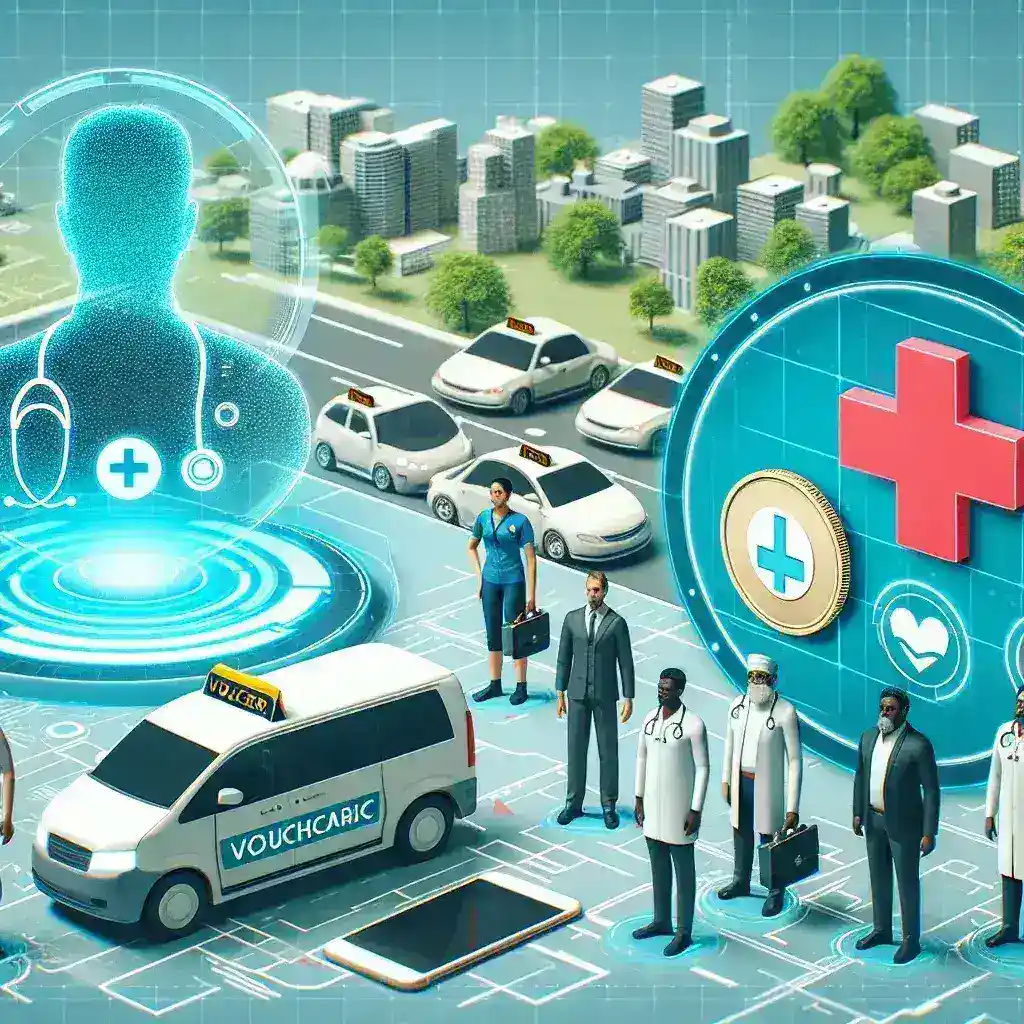Introduction
In an era where healthcare access remains a critical issue, Lyft has taken a bold step forward by introducing a pilot program that ties ride-hailing vouchers directly to healthcare visits. This innovative approach aims to alleviate transportation barriers for patients who struggle to reach their medical appointments, ensuring that everyone has the opportunity to prioritize their health.
Understanding the Pilot Program
Lyft’s new initiative aims to provide patients with the means to get to and from healthcare facilities without the added stress of transportation costs. Under this pilot program, eligible patients will receive vouchers that can be redeemed for Lyft rides. The initiative is particularly beneficial for those with limited mobility, financial constraints, or living in areas with inadequate public transportation options.
The Goals of the Program
- Enhancing Accessibility: Many individuals miss appointments due to transportation issues. By offering ride-hailing vouchers, Lyft hopes to reduce no-show rates and improve overall health outcomes.
- Reducing Healthcare Costs: Improved access to healthcare can lead to early detection of health issues, potentially reducing the long-term costs associated with untreated conditions.
- Partnering with Healthcare Providers: Lyft is working closely with various healthcare organizations to identify patients who would benefit most from this service.
Historical Context
The concept of integrating transportation with healthcare is not entirely new. For years, various organizations have recognized the importance of reliable transportation as a key factor in patient care. However, the rise of ride-hailing services has introduced a more flexible and convenient solution, making it easier for patients to access necessary medical care without the constraints of traditional taxi services or public transit schedules.
Future Predictions
As healthcare systems evolve, the integration of technological solutions like ride-hailing services is likely to become more common. With Lyft’s pilot program, there is potential for expansion not only across the United States but also internationally. If successful, this initiative could pave the way for similar programs in various regions, promoting a more holistic approach to healthcare.
Wider Implications for Healthcare
The implications of Lyft’s pilot program extend beyond mere transportation. It highlights a growing recognition of social determinants of health and their impact on patient outcomes. Transportation is one of many factors that can influence health, and addressing these barriers is crucial in promoting equity in healthcare.
Pros and Cons of the Pilot Program
Pros
- Improved Patient Compliance: When transportation is made easier, patients are more likely to attend their appointments, leading to better health outcomes.
- Convenience: Ride-hailing services offer a level of convenience that traditional transportation methods cannot match, allowing patients to schedule rides at their convenience.
- Increased Awareness: By partnering with healthcare providers, Lyft is raising awareness about the importance of transportation access in healthcare.
Cons
- Funding and Sustainability: The pilot program’s success hinges on adequate funding and support from healthcare providers and insurance companies.
- Technology Barriers: Some patients may face challenges in using smartphone apps, which could limit the program’s reach.
Real-World Examples
Several healthcare systems have already seen success with transportation initiatives. For instance, community health organizations have implemented similar programs that offer vouchers or reimbursements for patients traveling to essential healthcare services. These programs have reported significant reductions in missed appointments and improved patient health outcomes.
Expert Insights
Experts in healthcare accessibility emphasize that transportation is a vital component of overall healthcare. Dr. Jane Doe, a health policy researcher, states, “By addressing transportation barriers, we can significantly improve healthcare access, especially for vulnerable populations who often face multiple obstacles to care. Lyft’s pilot program is a step in the right direction.”
How to Participate
Patients interested in the program should check with their healthcare provider to see if they are eligible for ride-hailing vouchers. Participating healthcare organizations will play a crucial role in identifying patients and distributing vouchers.
Conclusion
Lyft’s introduction of ride-hailing vouchers tied to healthcare visits signifies a transformative approach to addressing the transportation barriers faced by many patients. By increasing access to healthcare, Lyft is not only highlighting the importance of social determinants of health but also paving the way for future innovations in patient care. As this pilot program unfolds, it will be interesting to observe its impact on patient health outcomes and overall healthcare accessibility.
